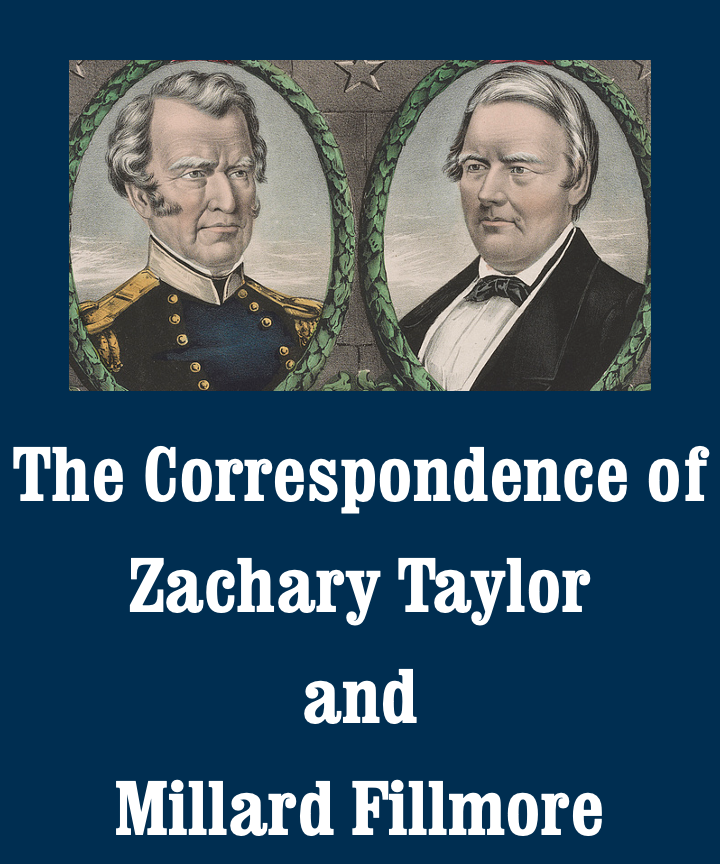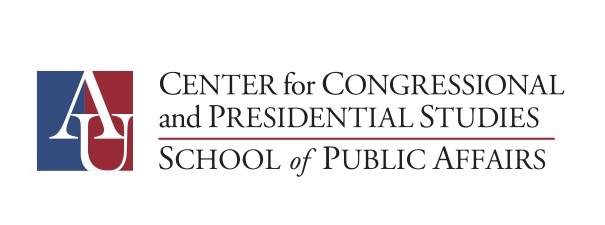Most Northern states, by the 1840s, had ended slavery. Most Black Americans, however, remained enslaved in the Southern states and in Washington, DC. George Watterston, a Washington Whig and the former head of the Library of Congress, had this letter printed and sent to multiple people including Fillmore. He discusses the slavetrading business of the brothers Thomas and William H. Williams and mentions James K. Polk and George M. Dallas, the Democratic nominees for president and vice president. As he notes, at this time residents of the nation’s capital could not vote in presidential elections.
GEORGE WATTERSTON TO MILLARD FILLMORE
WASHINGTON CITY, October 19, 1844.
Dear sir:
There is here in Washington a Slave Jail, or “Negro Pen,” as it is called, the property of a man named Williams, (^Partner of^ the same man who was recently fined and imprisoned in New Orleans for importing into Louisiana, contrary to law, slaves who had been convicted of criminal offences,) and the place wherein he confines the negroes bought by him for shipment to New Orleans. He is exclusively a negro trader; that is his vocation, in which he is engaged so largely as to require him to own a jail, and the vessels in which his living cargoes are transported southward. His establishment, situated at the corner of Maryland avenue and Seventh street, has been heretofore as unobtrusive as such a place ought to be. Citizens knew what it was, and while they regretted that such a place should be in their midst, they reconciled themselves to its existence from the knowledge that, though a degrading fact in itself, it was an inevitable incident to a sad domestic institution, the evils of which they recognized, but saw no remedy for, except in greater and more criminal evils. Strangers might have passed the place unnoticing or merely wondering what misanthrope could have planned and inhabited so gloom^e^y a dwelling. Now this slave depot, this mockery of the Capitol, within full sight of which it stands, grown insolent in hope of extended trade and increased gains, has dared to challenge observation, to rear a tall staff above the walls of its cells, and to append thereto the Slave-trader’s banner, bearing, in most conspicuous letters, the names of “Polk and Dallas.” Of course these names! What other could he inscribe upon his flag, or even over the doorway of his prison? Texas is his Tariff—Polk & Dallas are his Protection. He, a clear sighted man of business, knows this very well, and as he has already grown rich in his trade, desires of course, and strives for the success of that party whose policy will enable him to grow richer. He has bet very largely, too, upon the success of his candidates. Several thousands, it is said, are required to cover his investments in this way. Of course he will not grudge hundreds to secure these investments, and can, and will, and does spend money freely to promote this end. The identical dollars, profits of his loathsome traffic, are active electioneering dollars for Polk & Dallas and Texas.
We, who are used to slavery, born in its midst, are saddened and sickened by many of its features, and our hearts would gladly turn to the philanthropist who should propose the practicable, effectual, and truly benevolent remedy. We sincerely hope that northern votes at least will not be instrumental in perpetuating this revolting slave traffic among us, who have no votes for President, and no Representation in Congress. We despise the Slave-trader. Throughout all the South he is a marked man. The gentleman does not shake hands with him. The gentleman’s son, from his very infancy, associates the idea of most unapproachable infamy with the term “Negro-buyer.” That is our nursery term. By “gentleman” we mean the man whose heart from the beginning of his life is taught to beat proudly in consciousness that its impulses are honest and honorable. Even we, used as we are to all this, are indignant that this place should presume to flaunt its banner to the common gaze, making proclamation of the misfortune we would, for decency’s sake, conceal; and yet more, that this Negro-buyer should have dared, as he has done, to associate with his own peculiar banner, even upon the same staff with it, the flag of our common country.
“Flag of the free heart’s hope and home”!!
Now, sir, as a zealous Whig, earnest in that cause identical with right and the country’s honor, we urge you to use the facts herein imparted, with all possible advantage to that cause. Trifling as they may seem, and in themselves perhaps may be, yet they are not trifling as indices of the character of our opponents’ cause, and the degrading alliances by which it is supported. Impress, not only upon every abolitionist within your reach, but upon every moderate man who does not deem slavery a good and blessed thing, that by voting for James K. Polk; or for any other man than Henry Clay for the Presidency, he is directly, or indirectly, participating in an insult to his country’s flag, extending the limits of slavery beyond the bounds contemplated by that compact by which fair men of the South are willing strictly to abide, and aiding to put dollars in the pockets of those who live and thrive upon the abuses of our most sad abuse and greatest misfortune.
We append the advertisement of the “establishment.” Even now, under its “Democratic” flag, it is driving a thriving business, as you may judge from the fact, of which we are informed by a most respectable and credible eye witness, that, on Wednesday morning last, a “gang” (that’s the term) of sixty were marched out from its cells to the wharf, for shipment to New Orleans, via Alexandria. We were not told that these joined chorus with their keepers in huzzas for Polk and Dallas.
“Negroes wanted.—I wish to purchase any number of negroes for the New Orleans market, and will give at all times the highest market price in cash for likely young negroes. Those wishing to sell, will find it to their interest to call at my establishment, corner of Seventh street and Maryland avenue, where myself or agent can be seen at any time.
“Communications promptly attended to.
“THOS. WILLIAMS.”
☞The above facts are true as stated.
Geo Watterston Cor. Sec. Washington City Clay Club.
Printed circular signed with autograph emendations. State University of New York, Oswego. Microfilmed in Lester W. Smith, ed., Millard Fillmore Papers (Buffalo, NY: Buffalo & Erie County Historical Society and State University College at Oswego, 1975), reel 10.

